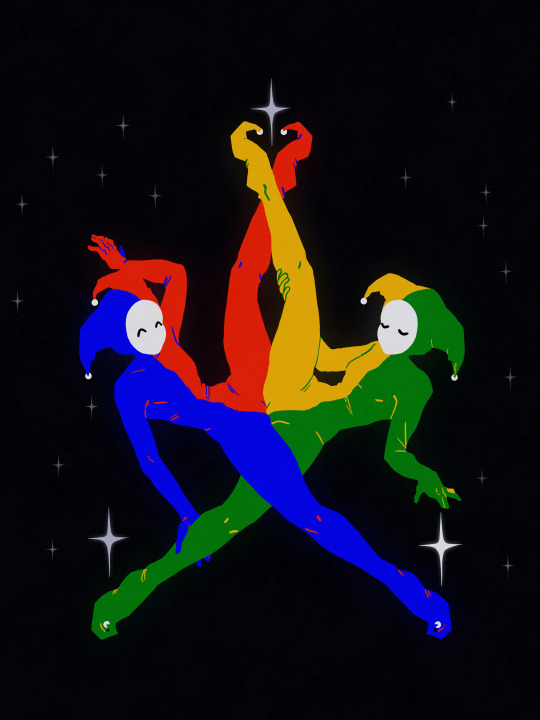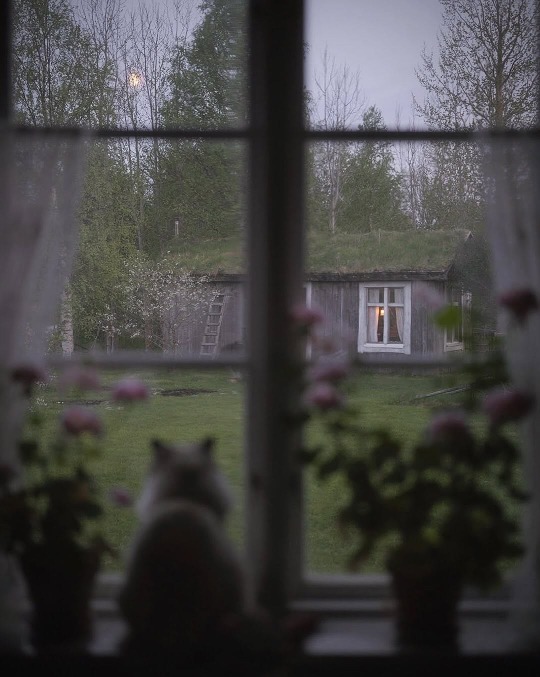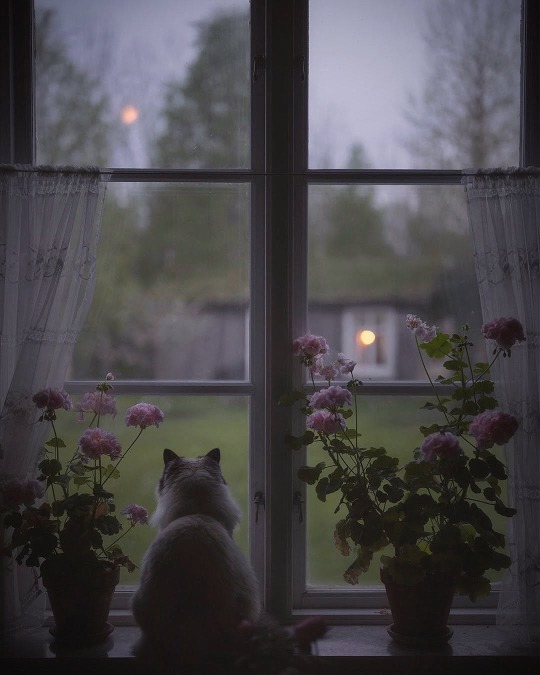Photo



Ocarina Of Time Scenery
Granny's Potion Shop
157 notes
·
View notes
Text

A seat out in the green court💞 - Author: RafflesiaRhythm
7K notes
·
View notes
Text

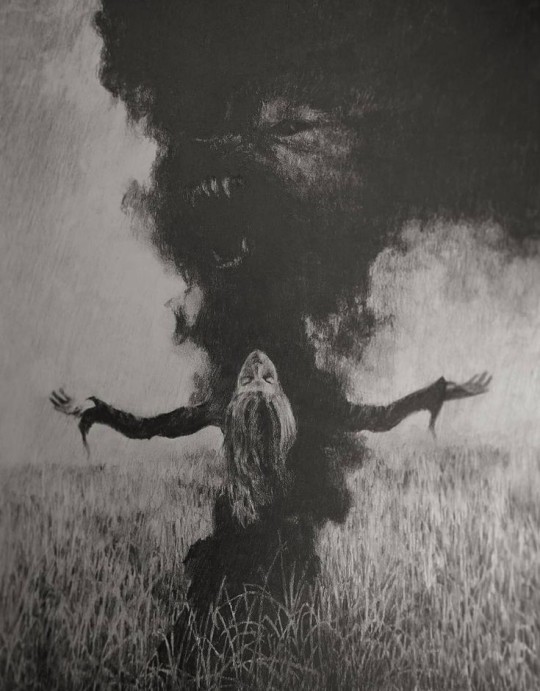
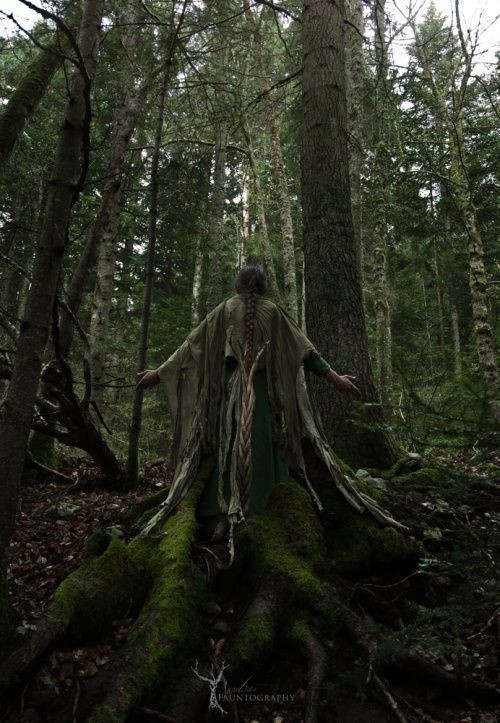
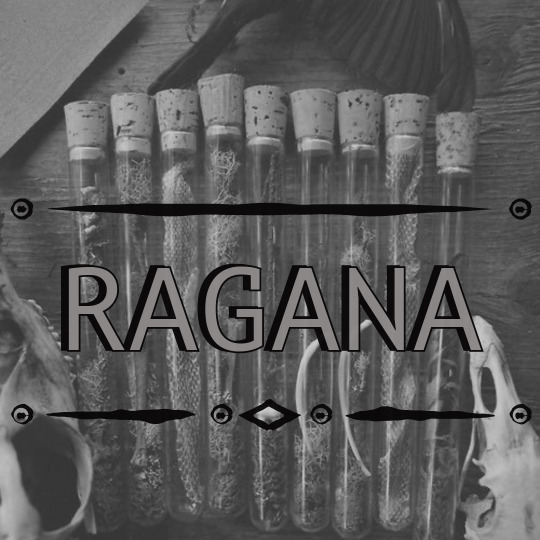

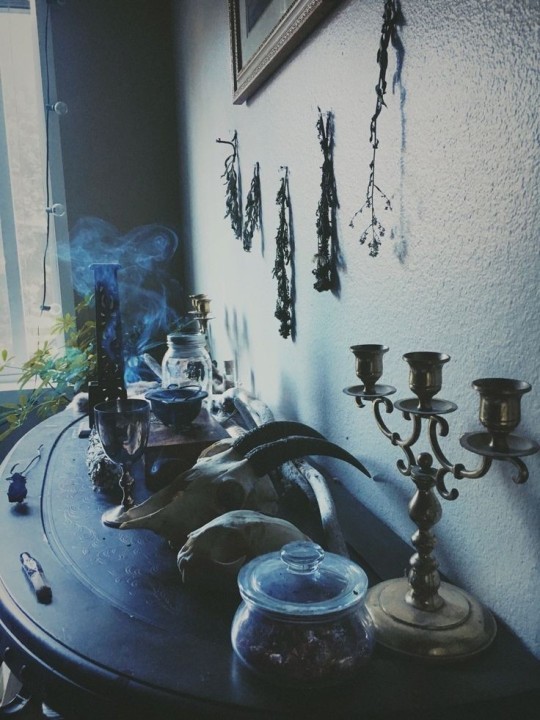
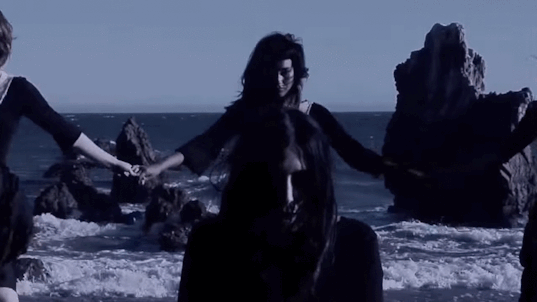


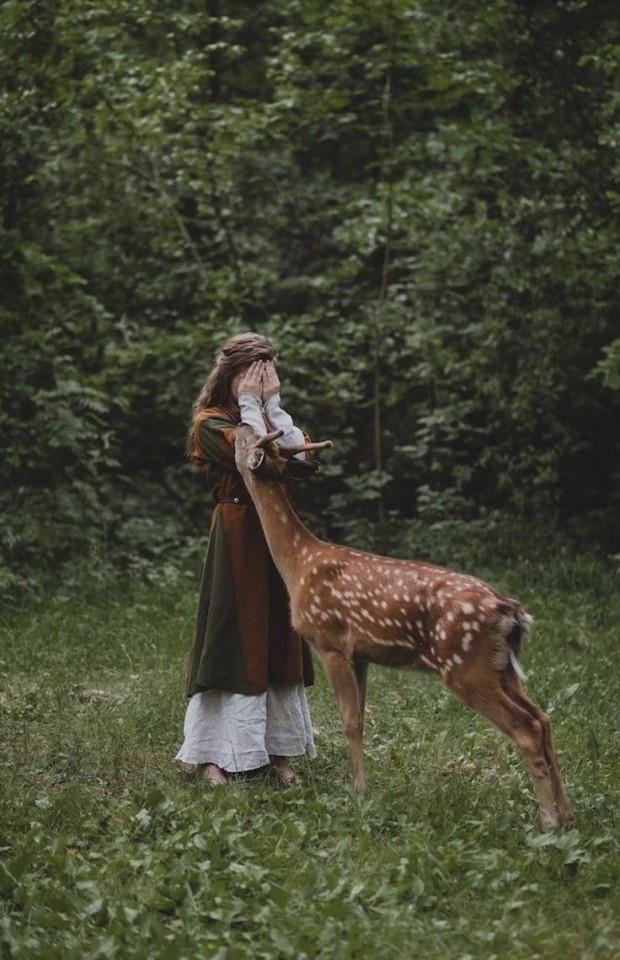
"Ragana's name derives from a root word meaning "horn" or "crescent". Alternatively, her name derives from a root verb meaning "to see". Ragana is an ancient pre-Indo-European spirit, a powerful prophetess who reveals the future. She also knows the past: devotion to Ragana dates back to the Neolithic era, the New Stone Age.
Ragana rules over night, winter, birth, death, destruction, rebirth and regeneration. She is a goddess of fertility, abundance and menopause, which begins with the touch of her red wand. Ragana, the prophetess, sees all, knows all and is all-powerful. She is a goddess of death and a master healer who can supposedly cure any illness or disease.
Ragana can bless or curse. She controls the fertility and milk supply of women and animals. It causes and cures infertility and impotence. Ragana controls the weather, raising and calming storms and winds. She is the guardian of the cycles of nature: creation, growth, decline and destruction. Ragana can be understood as a spirit of balance. Even her negative powers can be understood as a blessing. Ragana stops the rise of the sun after the summer solstice. What would happen if the power of the sun was not controlled? If after the Summer Solstice, the power of the sun only increased?
"Ragana was demonized long before Christianity arrived in the region. Worshiped before the arrival of the Indo-Europeans, she was never assimilated or incorporated into their pantheon, in which male deities like Perkunas play dominant roles. Pre-Indo-European goddesses were assimilated by marriage to these deities. Ragana, apparently not ideal wife material, was not married to any of them. Author Vilija Vyté in the book Of Gods and Holidays: The Baltic Heritage describes Ragana as the "nightmare of patriarchy". After the arrival of Christianity, her image only worsened: Ragana was demoted to a witch who supposedly brings misfortune to humans and animals, a warning perhaps intended to make devotees stop worshiping her. Fairy tales often portray Ragana as grotesque. The stories simultaneously celebrate and warn against it. Like her Russian soul mate, Baba Yaga, Ragana may be portrayed as a cannibal, but her spiritual appeal and mastery remain powerful. Ragana is invoked in positive and malevolent magic. Spells and enchantments attempt to focus (or redirect!) her legendary destructive powers against the spellcaster's enemies. She is an increasingly popular neo-pagan goddess."
25 notes
·
View notes
Text

instagram | photos are my own, reblogs fine, do not repost/reuse
973 notes
·
View notes
Text

''Mercury'' by performance artist Hollie Miller.
749 notes
·
View notes












